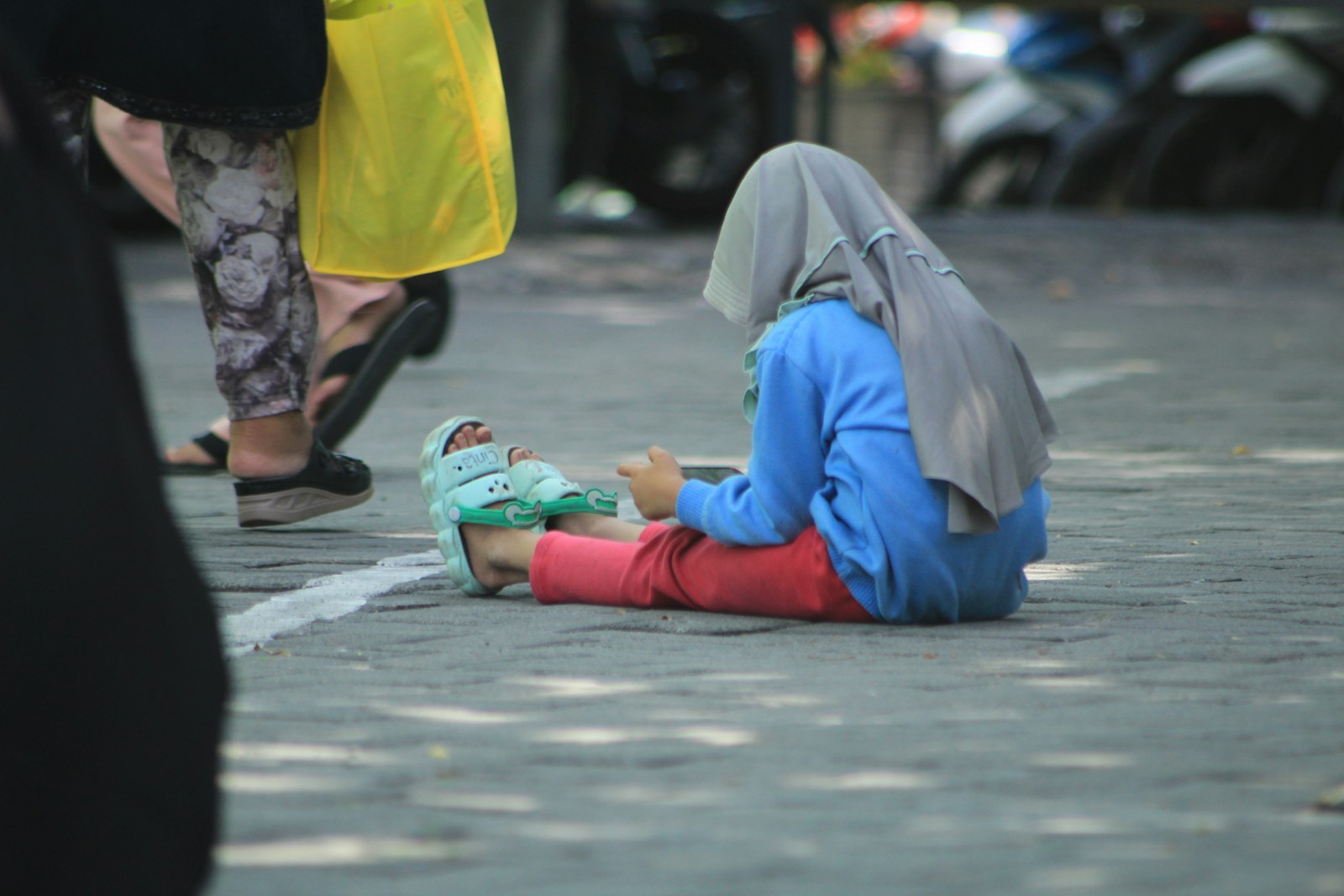Mental Health Services for Children Experiencing Homelessness
Mental Health Services for Children Experiencing Homelessness
The issue of homelessness among children is a harrowing reality for many families across the globe. The psychological impact of homelessness can be profound, affecting a child’s development, self-esteem, and future opportunities. Mental health services for children experiencing homelessness are essential in mitigating these adverse effects and providing a pathway toward stability and well-being. By focusing on mental health, we can help these vulnerable children rebuild their lives and foster resilience against the challenges they face.
The Importance of Mental Health Services for Children Experiencing Homelessness
Mental health services play a critical role in addressing the unique challenges faced by homeless children. Unlike their peers who may have stable living conditions, homeless children often experience trauma, anxiety, depression, and behavioral issues stemming from their unstable environments. Access to mental health services helps identify and treat these issues, providing children with the coping mechanisms they need to navigate their circumstances.
Children experiencing homelessness are often subjected to a range of stressors, including:
- Frequent moves between temporary housing and shelters
- Loss of family support networks
- Increased exposure to violence and crime
- Food insecurity and inadequate access to education
These factors contribute to a heightened risk of developing mental health disorders. Consequently, mental health services for children experiencing homelessness must be designed to cater to their unique needs, incorporating trauma-informed care that acknowledges their experiences and promotes healing.
Types of Mental Health Services Available
Mental health services for children experiencing homelessness can take many forms, ranging from therapy and counseling to psychiatric support and medication management. Some of the most effective services include:
- Individual Therapy: One-on-one sessions with a mental health professional can provide children with a safe space to express their feelings and concerns. These sessions can help foster emotional resilience and equip children with coping strategies to deal with their circumstances.
- Group Therapy: Group sessions allow children to connect with peers who share similar experiences. This communal support can reduce feelings of isolation and help them realize that they are not alone in their struggles.
- Family Counseling: Engaging families in the therapeutic process can strengthen relationships and improve communication. Family counseling can help parents and caregivers understand their children’s needs better and provide necessary support.
- School-Based Services: Collaborations with schools can ensure that children receive mental health support within their educational environment, facilitating early intervention and helping children stay engaged in their studies.
Each of these services is tailored to meet the specific needs of children experiencing homelessness, focusing on both immediate mental health concerns and long-term stability. In providing these services, mental health professionals work closely with community organizations, shelters, and schools to create a supportive network for these children.
Barriers to Accessing Mental Health Services
Despite the availability of mental health services, numerous barriers still prevent homeless children from receiving necessary care. These barriers can include:
- Lack of Transportation: Many homeless families do not have reliable transportation, making it challenging to access mental health facilities.
- Stigma: Stigmatization surrounding mental health issues may deter families from seeking help, fearing judgment from others.
- Insufficient Insurance Coverage: Many homeless families lack health insurance or have inadequate coverage, limiting their access to necessary mental health services.
Addressing these barriers requires a multi-faceted approach, including increasing awareness, providing transportation assistance, and advocating for policy changes to improve access to mental health care for vulnerable populations.
Success Stories and Outcomes
The impact of mental health services for children experiencing homelessness can be transformative. Numerous case studies have illustrated how effective mental health interventions can lead to positive outcomes. Children who have received appropriate mental health services often show significant improvements in their overall well-being, including:
- Enhanced emotional regulation and coping skills
- Improved academic performance and school attendance
- Stronger relationships with peers and family members
- Increased resilience and self-worth
These success stories highlight the importance of early intervention and consistent support in helping children overcome the challenges of homelessness. Mental health services not only address immediate concerns but also empower children to build a brighter future.
Getting Involved and Seeking Help
Communities play a pivotal role in addressing the mental health needs of children experiencing homelessness. By supporting local organizations that provide mental health services, individuals can contribute to creating a more robust support network for these children. Here are some ways to get involved:
- Volunteer your time or resources at local shelters or mental health organizations.
- Advocate for policies that improve access to mental health care for homeless families.
- Educate yourself and others about the unique challenges faced by homeless children and their families.
If you are a parent, caregiver, or community member concerned about a child experiencing homelessness, it is crucial to seek help. Connect with local mental health services for children experiencing homelessness to find the right support and resources available in your area. Every child deserves the chance for a better life, and with the right mental health services, they can overcome even the most daunting challenges.
Conclusion
Mental health services for children experiencing homelessness are essential in addressing the psychological impacts of their circumstances. By providing targeted support and resources, we can help these children heal, grow, and thrive. Through community involvement and advocacy, we can work toward a future where every child has access to the mental health care they need to flourish. If you or someone you know is seeking assistance, don’t hesitate to reach out to local organizations dedicated to providing mental health services for children experiencing homelessness. Together, we can make a difference.
Keywords: mental health services for children experiencing homelessness, children experiencing homelessness, mental health support for homeless children, mental health services, homelessness and mental health, support for children in crisis, youth mental health resources, crisis intervention for homeless youth, mental health programs for kids, child homelessness solutions, community support for homeless families, early intervention mental health services, mental wellness for children, therapeutic support for homeless children, advocacy for mental health services
popular news & articles
The Impact of Arts and Culture Investment on Community Vibrancy […]
Sleep Better This Spring: Tips for Restful Nights and Energized […]
Community-Led Environmental Initiatives: How Long Islanders Are Protecting Their Ecosystem […]
Harnessing Renewable Energy on Long Island: Solar, Wind, and Other […]
news via inbox
Stay Connected

The Honorable Paul J. Tonna is a distinguished public servant, community advocate, and seasoned leader with a career marked by dedication to environmental sustainability, social equity, and community development. Serving as a Suffolk County Legislator for twelve years, including three years as Presiding Officer, Tonna played a pivotal role in advancing public health, environmental conservation, and workforce housing initiatives… Read More
Learn more about Paul Tonna at his website PaulTonna.com
Related Articles
Paul Tonna serves as Molloy College’s Executive Director for The Energeia Partnership, a leadership academy dedicated to identifying and addressing the serious …
The Honorable Paul Tonna serves as Vice Chairman and Executive Vice President of Corporate Affairs for American Health Group.
Paul Tonna joined the South Huntington Water District as a Commissioner in March, 2006, bringing with him a diverse background including experience in …
Mr. Paul Tonna is a former healthcare executive, elected official, and university adjunct professor. Paul currently serves as executive director of Molloy College’s leadership academy, The Energeia Partnership, Suffolk County…
Paul Tonna, Managing Partner, Fun Facts, Deborah Young, Director of Operations & Finance, Fun Facts, Patricia Miller, Partner, Real Estate Development.
Paul J. Tonna – Public Service Leader and AERTC Advisory Board Member | Championing Sustainable Energy Solutions and Community Development.








